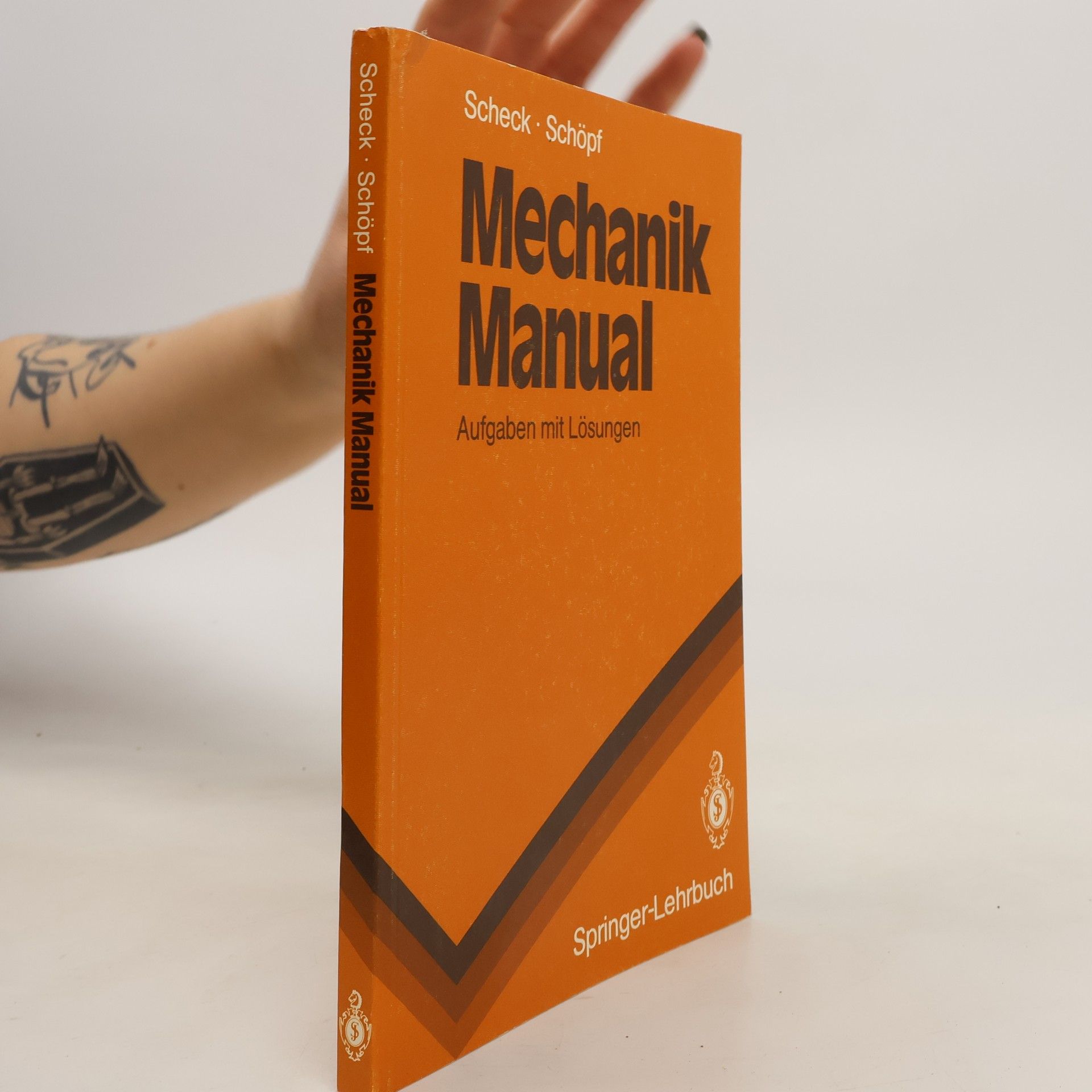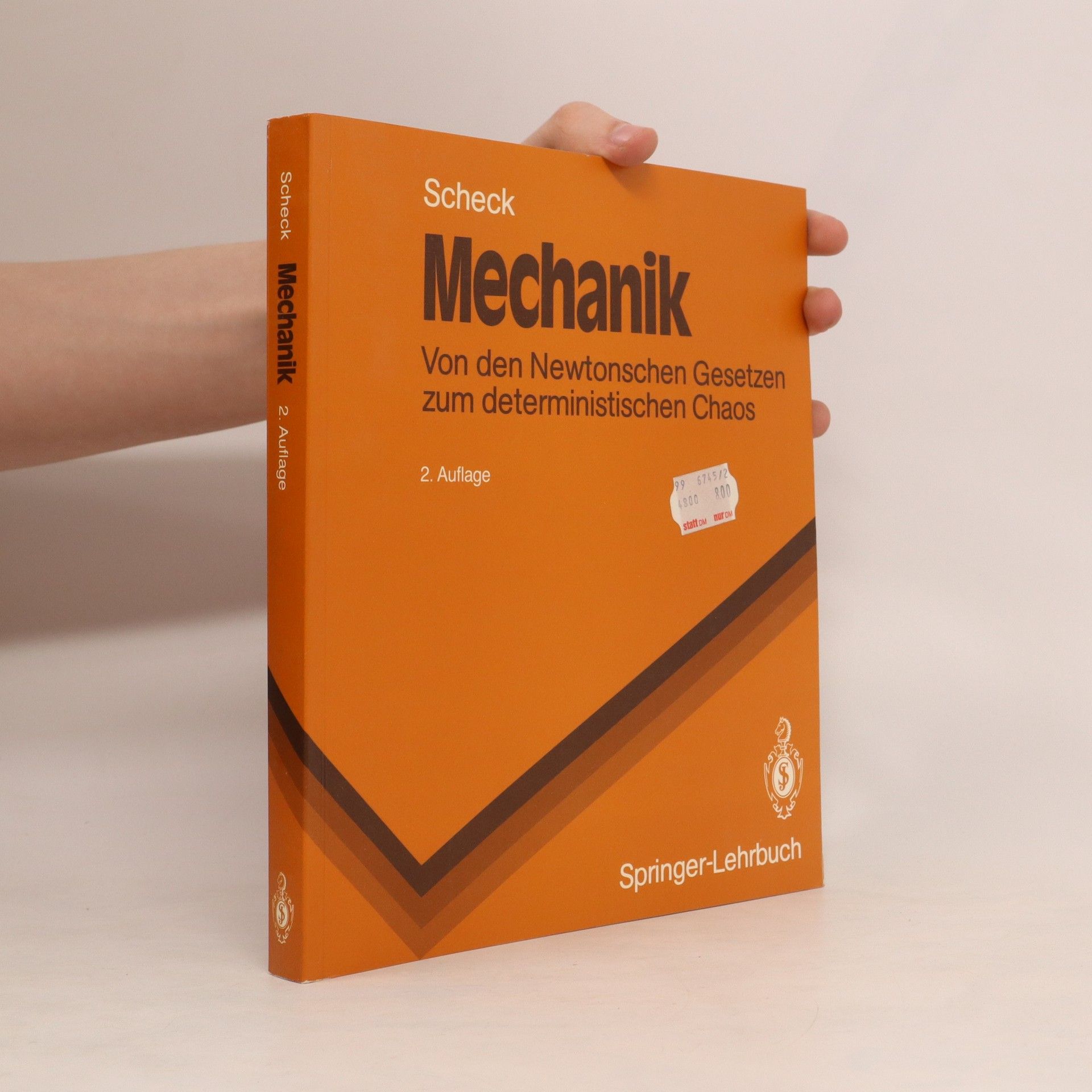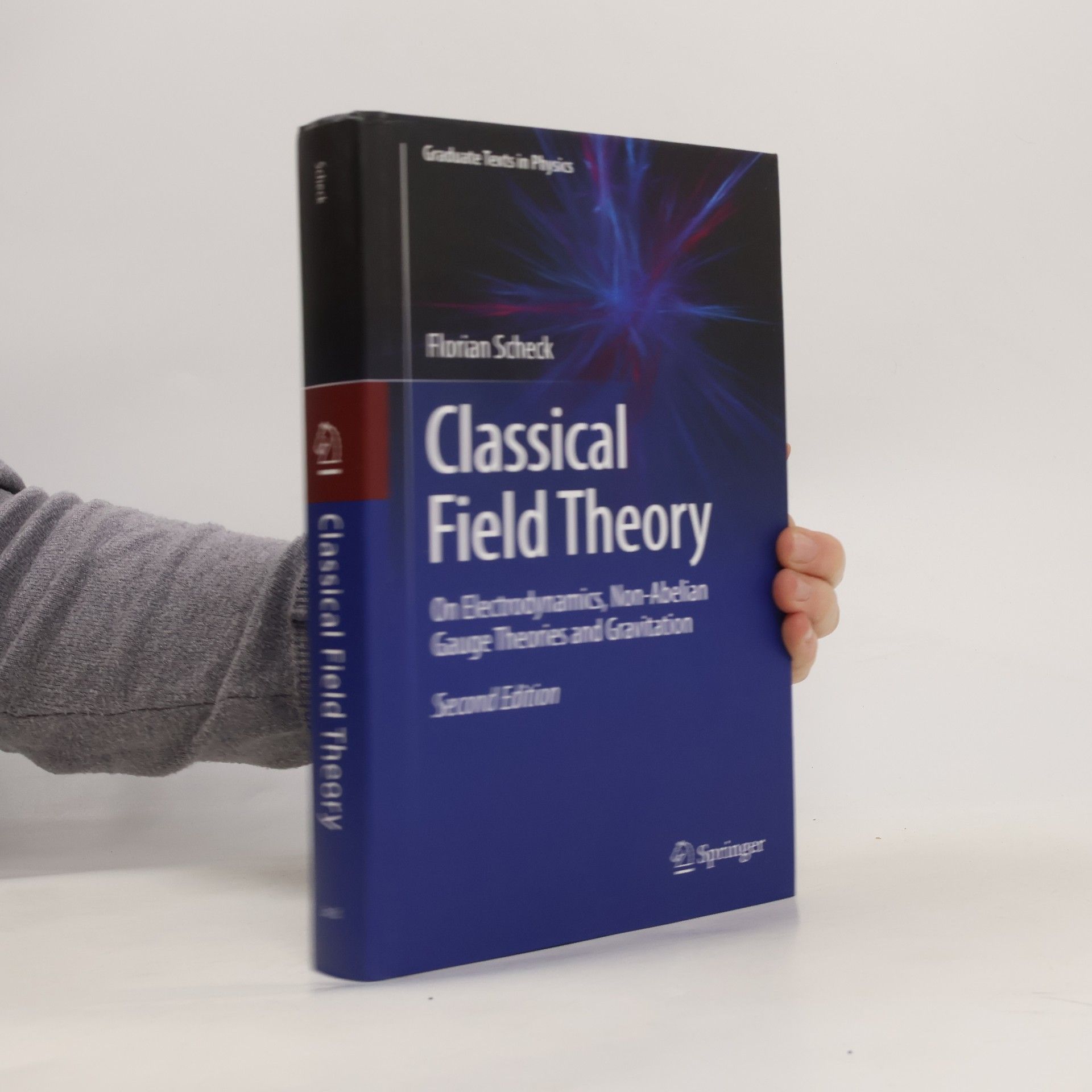Classical field theory
On Electrodynamics, Non-Abelian Gauge Theories and Gravitation
- 464 pages
- 17 hours of reading
Scheck’s textbook offers a comprehensive treatment ideal for a one-semester course, beginning with Maxwell's equations in their integral form before transitioning to their local formulation. The initial chapters cover essential properties, including symmetries and covariance in modern notation. Chapter 3 focuses on Maxwell's theory as a classical field theory and explores solutions to the wave equation. Chapter 4 highlights significant applications, discussing topics like metamaterials with negative refraction and Helmholtz' equation solutions relevant to laser beam descriptions. Chapter 5 presents non-Abelian gauge theories from a classical, geometric perspective, using Maxwell's theory as a prototype, culminating in an application to the U(2) theory related to electroweak interactions. The final chapter summarizes semi-Riemannian geometry as the framework for gravitational field theory, concluding with the Schwarzschild solution and classical tests of general relativity. This edition introduces a dual-track approach: a fast track for master's students focusing on essentials and an intensive track for those seeking in-depth knowledge. Clearly labeled sections guide students through their preferred level of treatment, while numerous problems and worked examples facilitate successful engagement with Classical Field Theory.


